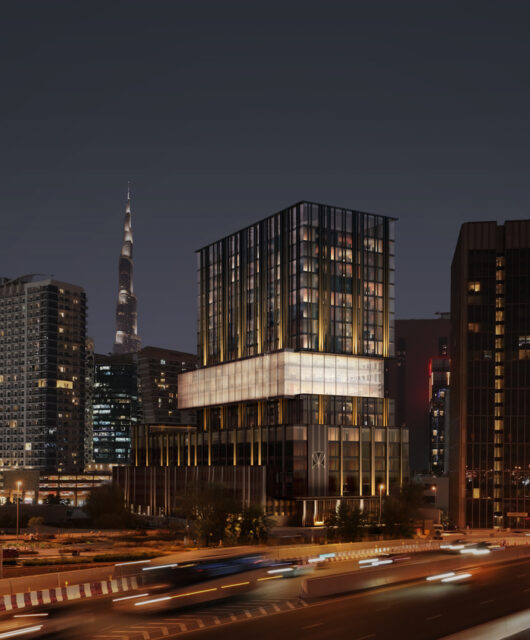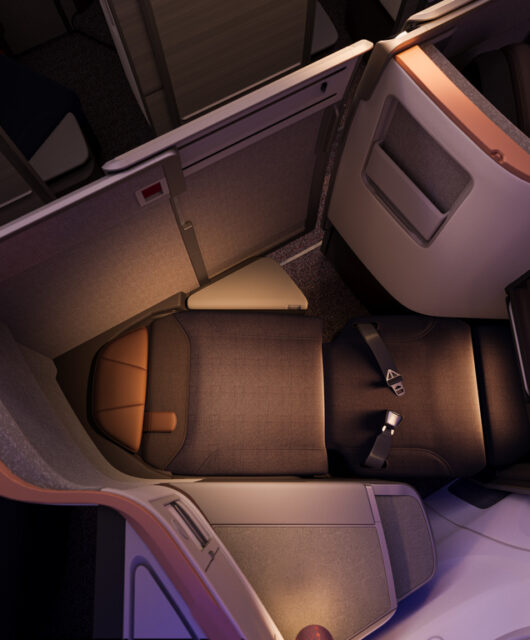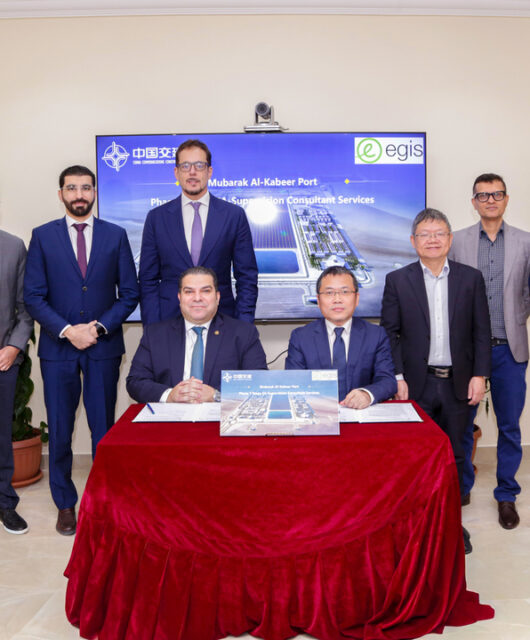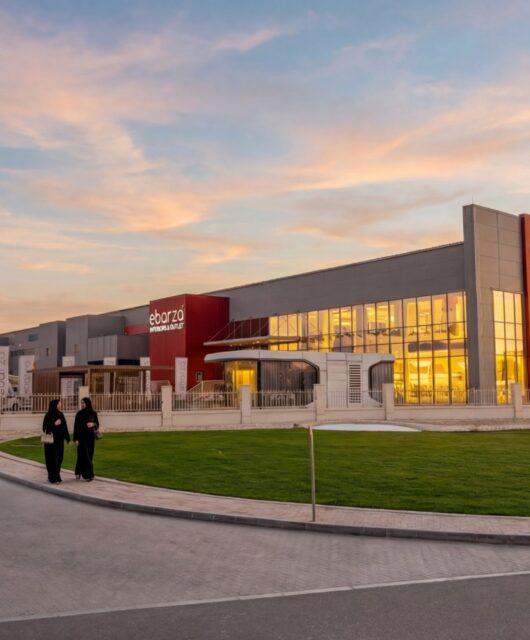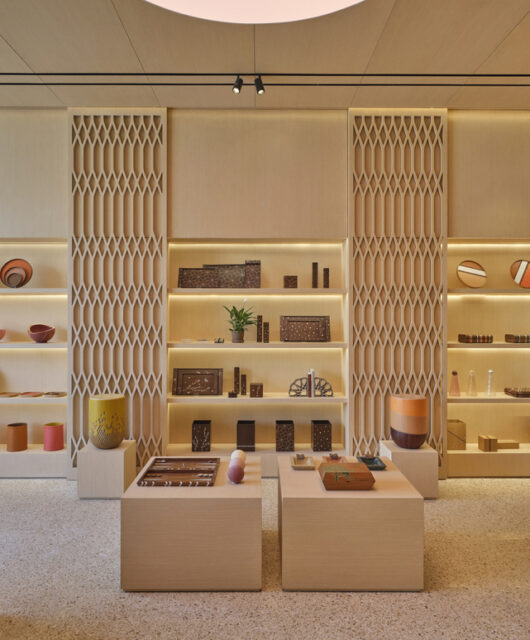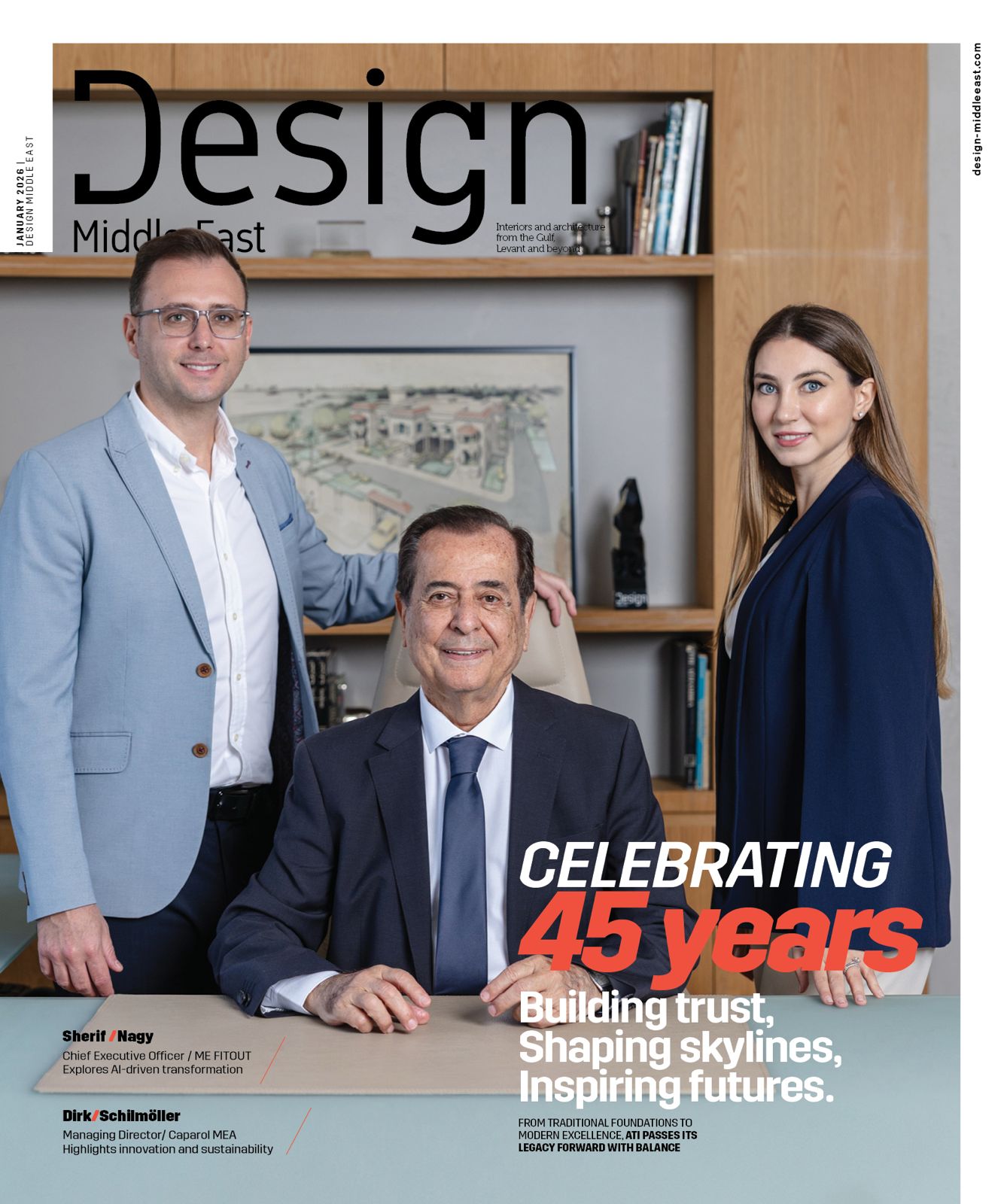Expo 2020 Dubai uses pioneering wellness wearables to help improve workers’ safety

The first phase of the programme ran for 30 months from October 2017, using Whoop wearable wrist-strap wellness devices for round-the-clock measuring of construction workers’ well-being on the Expo 2020 site. A total of 5,540 workers participated on a voluntary basis, with the project focusing on preventative health through monitoring and reporting, health treatment, and health research.
The programme forms part of Expo 2020’s wider approach to worker welfare and health and safety, designed to set new benchmarks for major construction projects and mega-events in the region and beyond, and leave a positive legacy long after Expo 2020 closes its doors on 31 March 2022.
Rashid Mohammed, Deputy Chief Operations Officer, Expo 2020, said: “Given the number of workers on site, this programme is unique – we haven’t come across any other project that tracks human physiology at this scale. The data gathered will form part of the legacy that Expo 2020 leaves the world, taking us one step closer to predictive models that can save lives.”
In tandem, medical experts from Expo 2020’s on-site Emergency Centre carried out 1,467 preventative screenings for workers whose reports highlighted any potential underlying condition, with appropriate treatment given to those found to have a health issue.
Will Ahmed, Founder and CEO, Whoop, said: “Construction is one of the biggest sectors in the world, yet from a health monitoring standpoint these sites are being developed in the same way as 200 years ago. By using Whoop technology, we can understand what it will take to prevent injuries and to make a workforce healthier. All of this will lead to a better and safer working environment for construction workers from around the world.”
More than 13 terabytes of data have been collected via the wellness wearable devices, and this huge amount of information is forming the basis for research by internationally recognised academics from the UAE’s University of Sharjah. The research focuses on cardiovascular health and sleep disorders, with the overarching aim to inform the future of worker wellness and ensure the well-being of construction workforces at future major construction sites and mega-events.
Toufik Refki, Director, Worker Wellness Programme, Expo 2020 Dubai, said: “Our construction workers are the lifeblood of Expo 2020, and their safety and welfare are overriding priorities for us. Through this programme, we are able to shed more light on the health habits, routines and needs of construction workers and help create a safer workplace for them.”
The technology used in the programme was developed by Expo 2020 in collaboration with American fitness tech company Whoop. The wellness wearable ‘Whoop Straps’, regularly used by elite athletes around the world, have been adapted to the needs of construction workers – with a bespoke charging/syncing system devised to collect data daily during their lunch breaks, and printed reports provided to all participants in multiple languages.

